Heroin
Contact us today for free advice
07876096232
What Is Heroin Addiction?
Heroin addiction is a life-altering condition marked by the repeated and uncontrollable use of heroin, a powerful and highly addictive opioid drug. It impacts both the body and mind, often disrupting relationships, careers, and overall well-being. Heroin use quickly leads to physical dependence and cravings, creating a dangerous cycle that’s hard to break without professional help.
Heroin directly affects the brain's reward system, causing intense euphoria but also rapid dependency.
Prolonged use can lead to serious health risks like organ damage, infections, and respiratory issues.
Tolerance develops quickly, leading users to consume higher doses to achieve the same effects.
Professional treatment, including medication, counseling, and support groups, is essential for recovery.

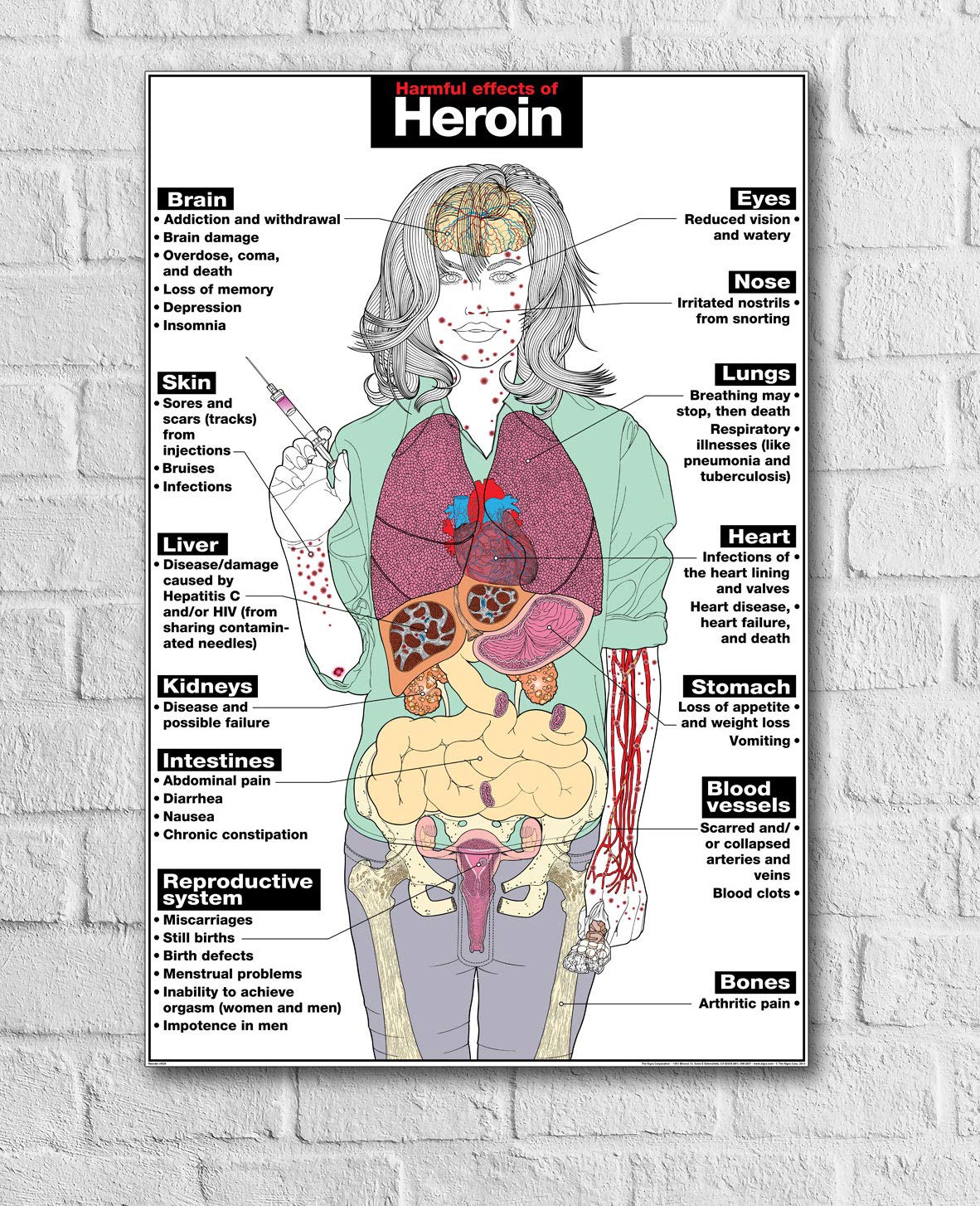
Key Signs of Heroin Addiction
Cravings
Strong urges to use heroin, even when attempting to quit.
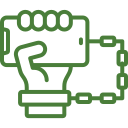
Increased Tolerance
Needing to use larger quantities of heroin to achieve the same effect.
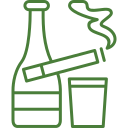
Withdrawal Symptoms
Anxiety, sweating, nausea, vomiting, and muscle aches when not using.
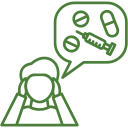
Neglected Responsibilities
Failing to meet obligations at work, school, or home due to heroin use.

Behavioral Changes
Engaging in risky behaviors, secretive actions, and mood swings.
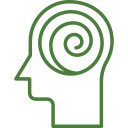
Physical Effects
Needle marks, slow breathing, confusion, and changes in appearance.
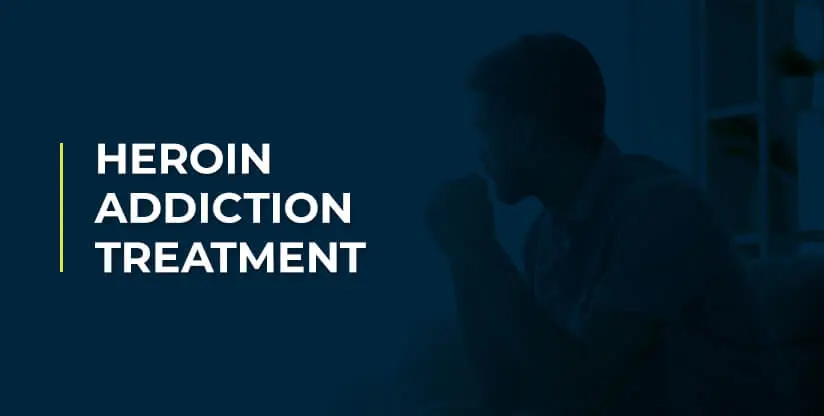
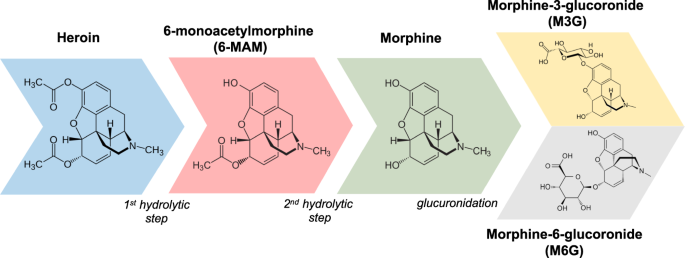
Impact of Heroin Addiction

Relationship Strain
Trust issues and emotional distance arise, leading to conflicts and isolation.

Physical Health Deterioration
Chronic use can result in liver disease, collapsed veins, infections, and respiratory problems.
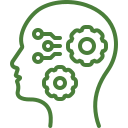
Psychological Effects
Depression, anxiety, and other mood disorders often accompany heroin addiction.
Treatment Options
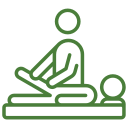
Medication-Assisted Treatment (MAT)
Substances like methadone or buprenorphine help manage cravings and withdrawal.

Behavioral Therapy
Cognitive Behavioral Therapy (CBT) and contingency management help modify harmful behaviors and thoughts.

Support Groups
Narcotics Anonymous (NA) and other peer support networks provide ongoing recovery assistance.

Professional Counseling
Therapy provides tools for managing stress and underlying mental health issues linked to addiction.
